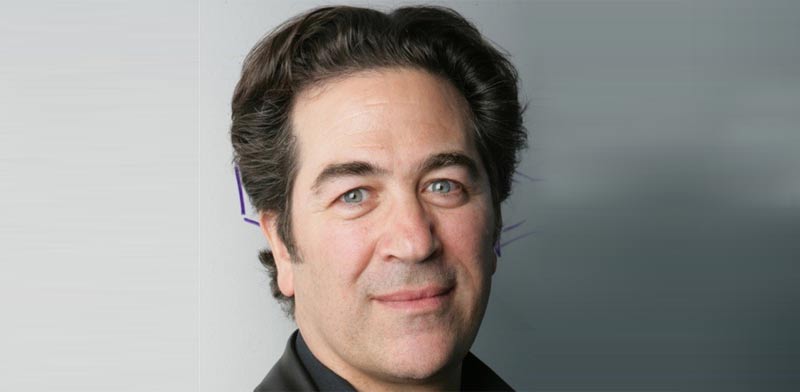Gamida Cell files for Nasdaq IPO

The israeli stem cell company will seek to raise $50-75 million at a company value of $300 million, before money.
Gamida Cell has raised over $100 million to date. Its most recent financing round was in June 2017, when it raised $40 million at a company value of $150 million.
Implants in adults
Gamida Cell has developed a unique stem cell technology that makes it possible to multiply stem cells and improve their density in cell units without detracting from their characteristics. Current treatment for blood cancer can destroy the patient’s immune system, which is then reconstructed through what is known to the public as bone marrow transplants. These consist of stem cells developing for a new immune system for the patient. The quantity of stem cells in an umbilical blood unit is currently suitable only for treatment of children or adults weighing up to 45 kilograms, because stem cell density in each unit is too low for a normal adult. Adult patients therefore search for a bone marrow donation from an adult donor, rather than from umbilical cord blood. Frequently, however, no such donation is found.
Gamida Cell’s technology is also suitable and is being tested for treatment of genetic diseases of the blood system, such as sickle cell anemia, and can also be appropriate for multiplying cells in other areas, such as improvement of a new cell therapy technology for treatment of cancer – CAR-T.
Gamida Cell
Founded: 1998
Field of business: Stem cell-based drugs for treatment of cancer and genetic diseases
CEO: Dr. Julian Adams
Most recent financing round: $40 million at a $150 million company value.
Published by Globes [online], Israel business news – www.globes-online.com – on September 2, 2018
© Copyright of Globes Publisher Itonut (1983) Ltd. 2018
